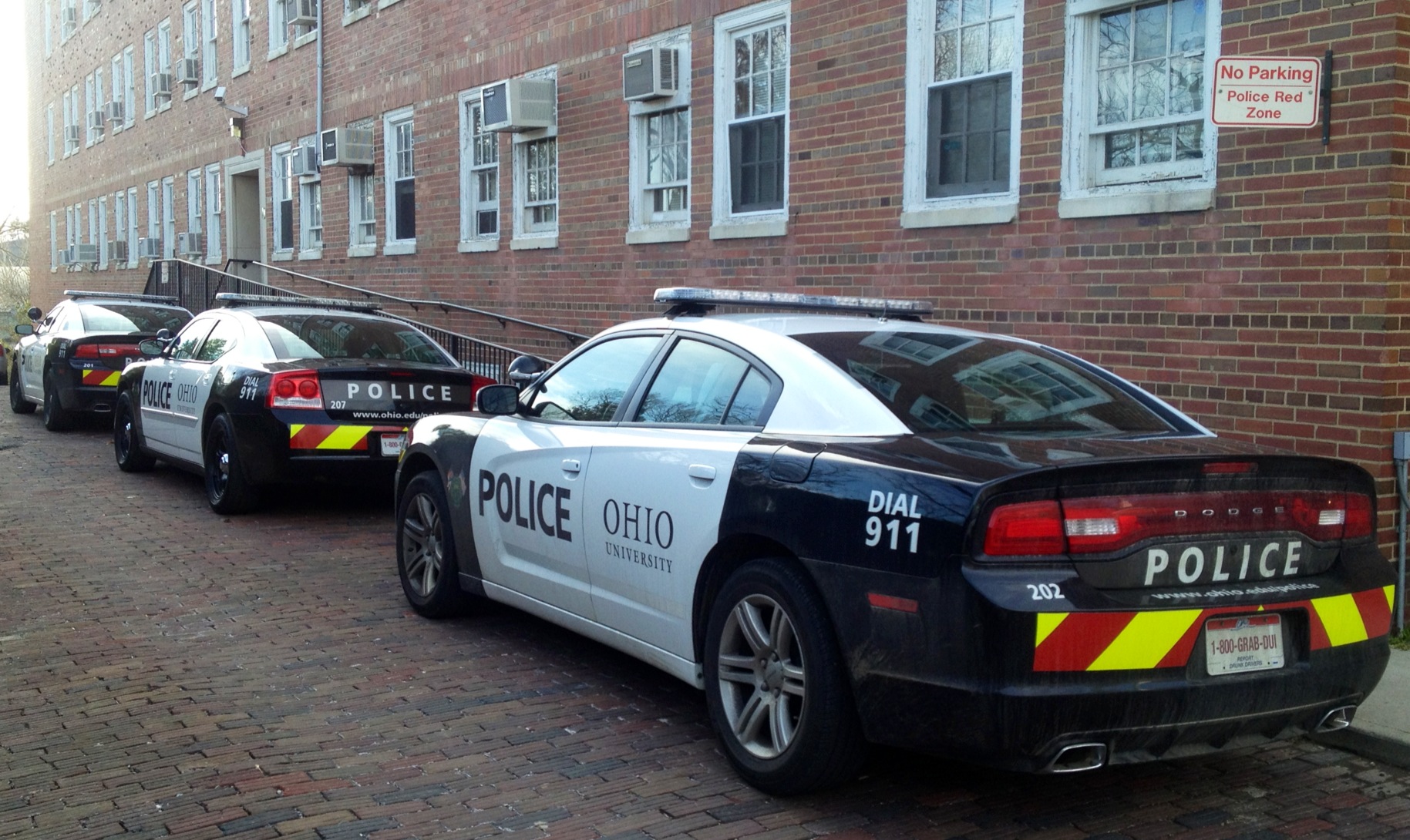
Nearly 25 years ago, Constance and Howard Clery (now deceased), endured an unspeakable tragedy. Their daughter Jeanne, nearing the end of her freshman year at Lehigh University, was brutally raped and murdered by a drug and alcohol abuser, a fellow student whom she had never met.
The Clerys were understandably filled with rage and grief at this terrible act. But to their personal credit, and our collective benefit, they turned those emotions into the fuel for more than two decades of positive actions that have helped to lessen the chances that other parents will face what the Clery family endured in 1986.
You may have heard of the Jeanne Clery Act. Named in honor of Constance and Howard Clery’s beloved daughter, it was passed by Congress and signed into law by President George H.W. Bush in 1990.
Now known as the Jeanne Clery Disclosure of Campus Security Policy and Campus Crime Statistics Act, the law requires colleges and universities which receive federal funding to disclose both crime statistics and timely information regarding campus crime. Schools are also required to disclose key security policies such as whether the campus is protected by police officers, security guards or a trained student patrol.
Crime on campus in the late 1980s was one of the best-kept secrets in the country. Until 1988, only four percent of America’s colleges reported crime statistics to the FBI or, for that matter, to anyone else. That’s why students and parents at the time era did not learn until 1990 that there were 13,000 physical assaults, 1,500 armed robberies and at least 31 murders on college campuses in 1987.
Thanks to the Clerys, all that has changed. Not only are schools required to report available crime information, they are administering stricter alcohol and drug-abuse policies, putting into place more effective parent-notification policies, bringing attention to and providing support for victims of sexual assault and other violent crimes, and embracing innovative technological solutions that can assist with all of the above.
Additional positive changes were driven by the unspeakable tragedy at Virginia Tech. They have to do with clarification of policies regarding immediate emergency response and evacuation procedures, including the use of electronic and cellular communication.
Despite what may be signed into law in Washington or in state capitals, there is no guarantee, of course, that our sons and daughters in college will ever be completely immune from danger. We must never stop trying to educate students about dangers and to encourage schools to make campuses safer.
Kathie Boozer is the founder and president of Explore Colleges, a premier college group tour operator. Explore Colleges’ customized tours help students experience the unique cultures, environments, and opportunities on each campus and inspire them to follow their dreams. Contact Kathie at kboozer@explorecolleges.org

